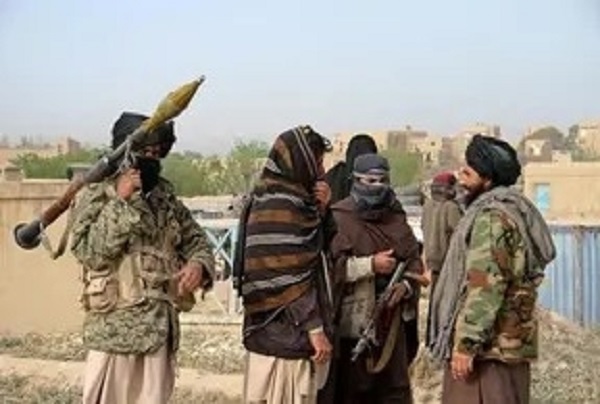New Delhi, (Asian independent) Since the Taliban seized power in August 2021, its ties with Islamabad have deteriorated amid deadly border clashes. More recently, the militants have accused Islamabad of permitting its air space to be used by US drones to strike targets in Afghanistan. In turn, Pakistan has accused the Taliban of harbouring terrorists, media reported.
Experts say the longstanding alliance, which dates back to the emergence of the Taliban in southern Afghanistan in the mid-1990s, is coming under unprecedented strain as their interests diverge.
“The Taliban may have accepted Pakistani support for years but do not wish to be Pakistani proxies forever,” said Husain Haqqani of the Washington-based Hudson Institute who previously served as Pakistan’s ambassador to the United States, RFE/RL reported.
Last month, the Taliban accused Pakistan of allowing US drones to use its airspace to conduct strikes inside Afghanistan. The August 28 claim came after an American drone strike in Kabul killed Al-Qaeda leader Ayman al-Zawahiri in July. Islamabad has denied involvement in or advanced knowledge of the strike.
On September 14, Islamabad accused the Taliban government of harbouring Masood Azhar, head of the Jaish-e Mohammed (JeM) extremist group and a UN-blacklisted terrorist. The Taliban strongly rejected Pakistan’s claims, RFE/RL reported.
In his speech to the UN General Assembly on September 23, Pakistani Prime Minister Shehbaz Sharif said Islamabad “shares the key concern of the international community regarding the threat posed by major terrorist groups operating from Afghanistan.”
Sharif mentioned the Islamic State-Khorasan (IS-K), the Tehrik-e Taliban Pakistan (TTP), Al-Qaeda, the East Turkistan Islamic Movement and the Islamic Movement of Uzbekistan as groups based in Afghanistan that “need to be dealt with comprehensively, with the support and cooperation of the interim Afghan authorities.”
The speech provoked a sharp rebuke from the Taliban, with Deputy Foreign Minister Sher Mohammad Abbas Stanikzai on September 27 claiming Islamabad was “receiving millions of dollars” from Washington for allowing American drones to conduct flights over Afghanistan.
“How long can we tolerate this?” Stanikzai asked a gathering in Kabul. “If we rise against this (Pakistani interference), no one will be able to stop us.”
Experts say another source of tension is the Taliban’s unwillingness to crack down on the TTP, a close ideological and organizational ally. From its bases inside Afghanistan, the extremist group has intensified its insurgency against Islamabad in recent years, RFE/RL reported.








